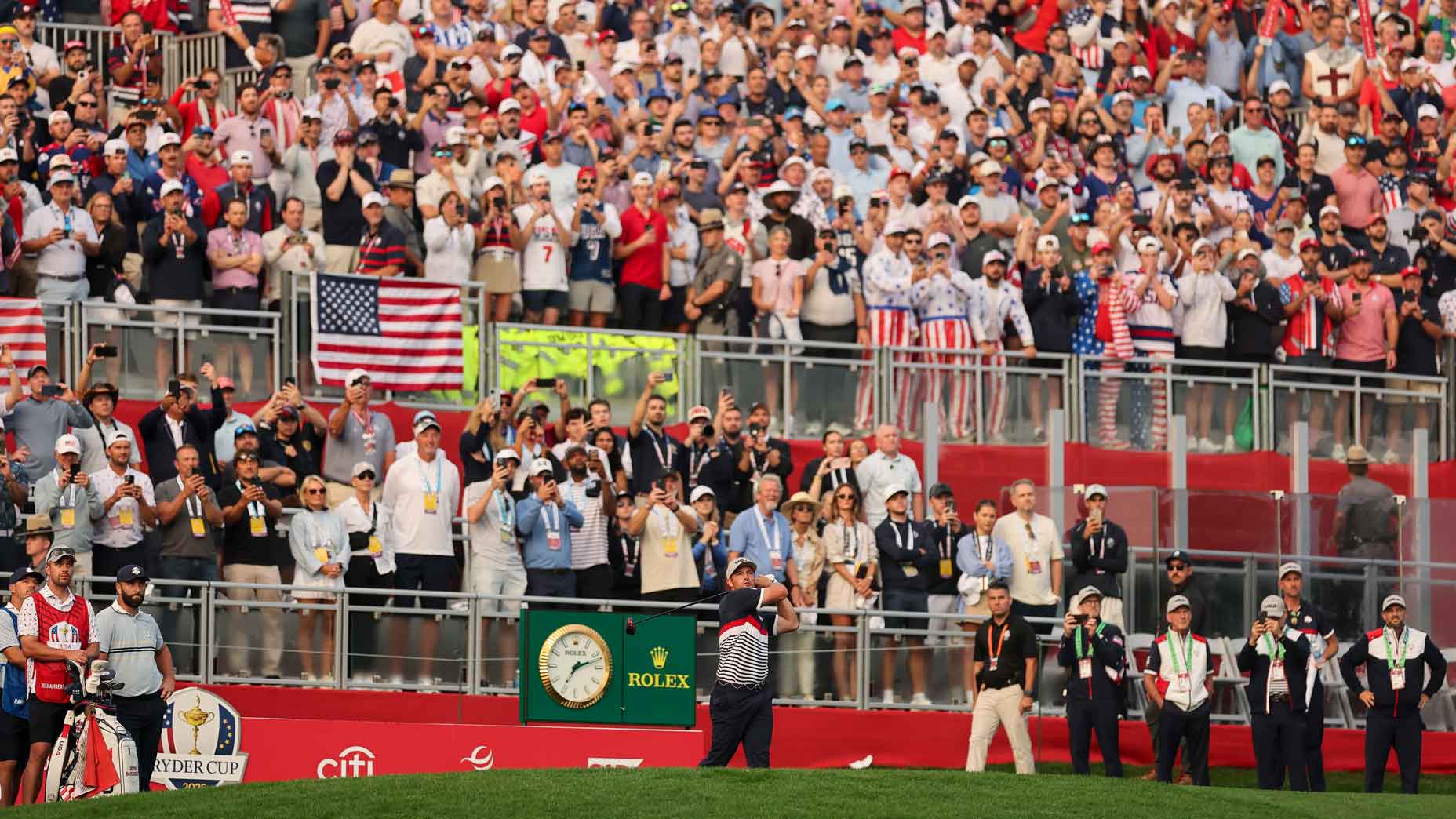 He wanted to be a golfer. He trained to be a monk. He became a writer
He wanted to be a golfer. He trained to be a monk. He became a writer
ClubProGuy: It’s not gambling if you always win, so make sure to tip the odds in your favor
When I was a very young player, one of my stepdads used to say to me, “CPG, you can either play bad or gamble bad, but you can’t do both.” That’s some pretty sage advice from a guy who left on a “buddies” trip to Reno when I was nine and never came back.
Truth be told, you can take lessons, you can buy the latest equipment and you can practice until your hands bleed, but there’s nothing in the game more important than negotiating a winning bet before the first ball is struck. Follow my three tips for first-tee negotiating and make reaching for your wallet on the 19th hole a thing of the past.
1. Never agree to a ball toss
This is fundamental. Way too much can go wrong when you leave the selection of your partner to chance. (FYI, there are ways to manipulate the ball toss, but that’s highly advanced stuff we won’t discuss here.) The bottom line is, there are too many vanity handicaps and “non-gamers” out there to be left to the whims of a ball toss — and there’s just too much at stake. Always demand that partners be selected through collective bargaining not blind luck.
ADVERTISEMENT
2. Run a misdirection
Most guys aren’t dumb. They’ll be watching your body language to see which partner you’re angling for. Knowing that, you’ll need to create a diversion. Act as if you’re interested in a partner that, truthfully, you’re not. Say something like, “Let’s make it easy. Hubert and I will just play you guys straight up.” Never mind that Hubert is a 14 who can’t even play to a 25 under the gun. Members of your group will start to think maybe you know something they don’t. Perhaps you witnessed Hubert having a breakthrough on the range. Maybe Hubert’s index just went up two shots on the latest revision and that info has slipped through the cracks. You get the idea. It’s all BS, but a diversion like this will take the spotlight off the player you really want.
3. Position handicaps as “guides”
Yes, indexes are calculated using a complex formula, but this isn’t an exact science. That’s why every time you announce your or your partner’s index, you need to attach the word but. Like, “I’m a 16.2, but I injured my groin playing pickleball, so I’ll play at a 22 today.” Or “I know Jim’s a 13.7, but he’s disputing his 71 tournament score from the club championship, so I’ll take him at a 16.” Or the always valuable, “I’m a 19, but I haven’t had time to enter my scores from my trip to Sandal’s Jamaica, so I’ll just play at a 23 today.” I know this is a lot to digest, but its importance can’t be overstated. Use the off-season to recite these techniques in the mirror and make 2020 your best year ever!
@ClubProGuy offers financial services at imbroketoobro.com.
ADVERTISEMENT





